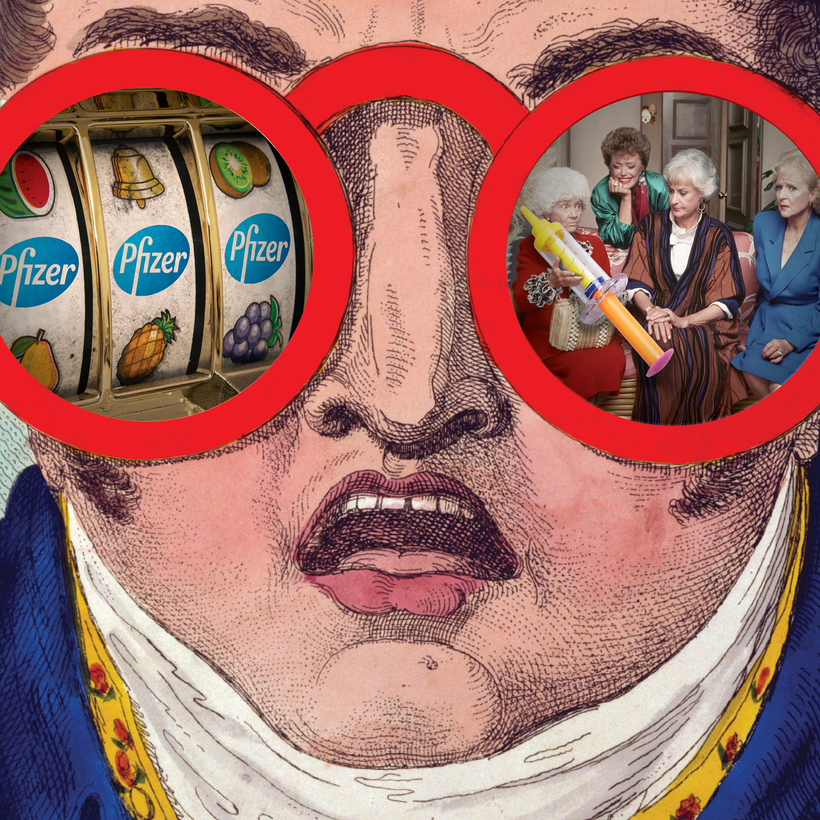Wait. Derek Blasberg, the fashion influencer, didn’t have enough influence to get a coronavirus vaccine for his 80-year-old father in Missouri? That’s terrible. Yet, somehow, curiously right.
There is one encouraging aspect to this vaccine shortage that is getting lost in all the frustration and anger: for once, the rich and powerful are mostly not benefiting from a V.I.P. express lane. Performers, hedge-fund tycoons, and media stars who are eligible for the vaccine have to go online to seek an appointment like everyone else. (Or pay someone to do the search for them.)


